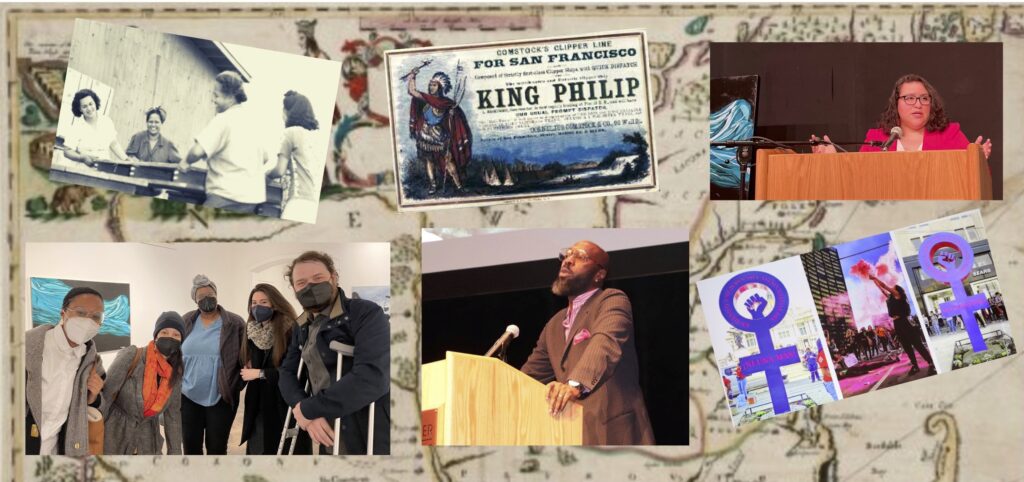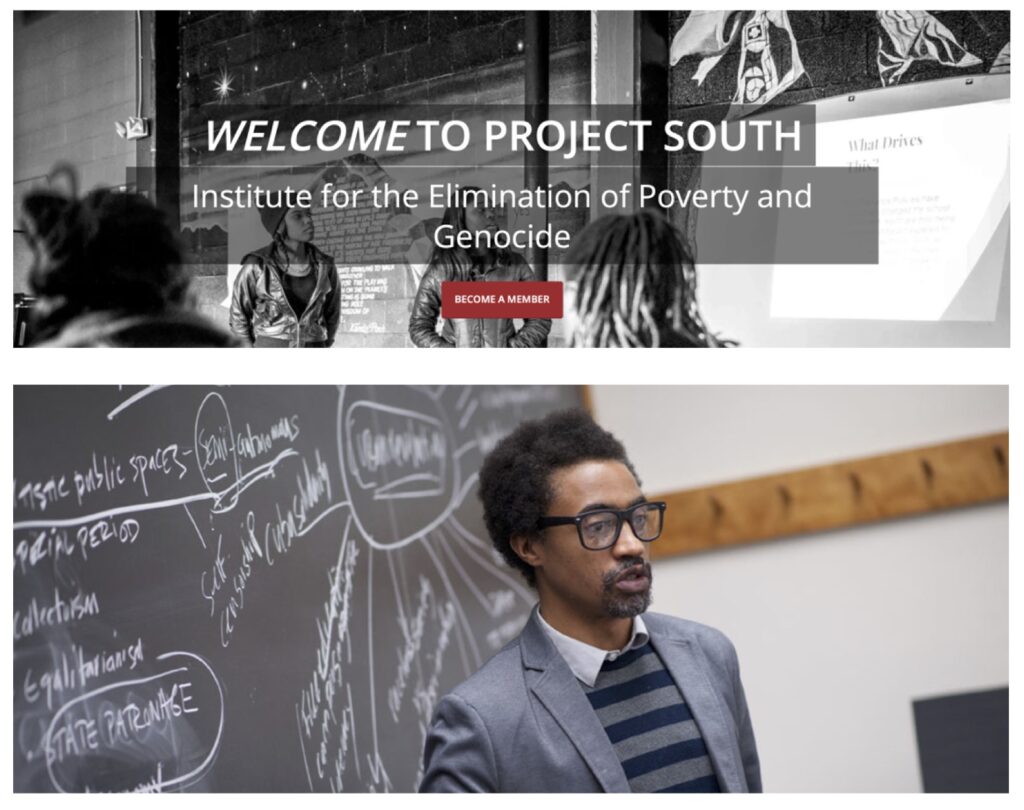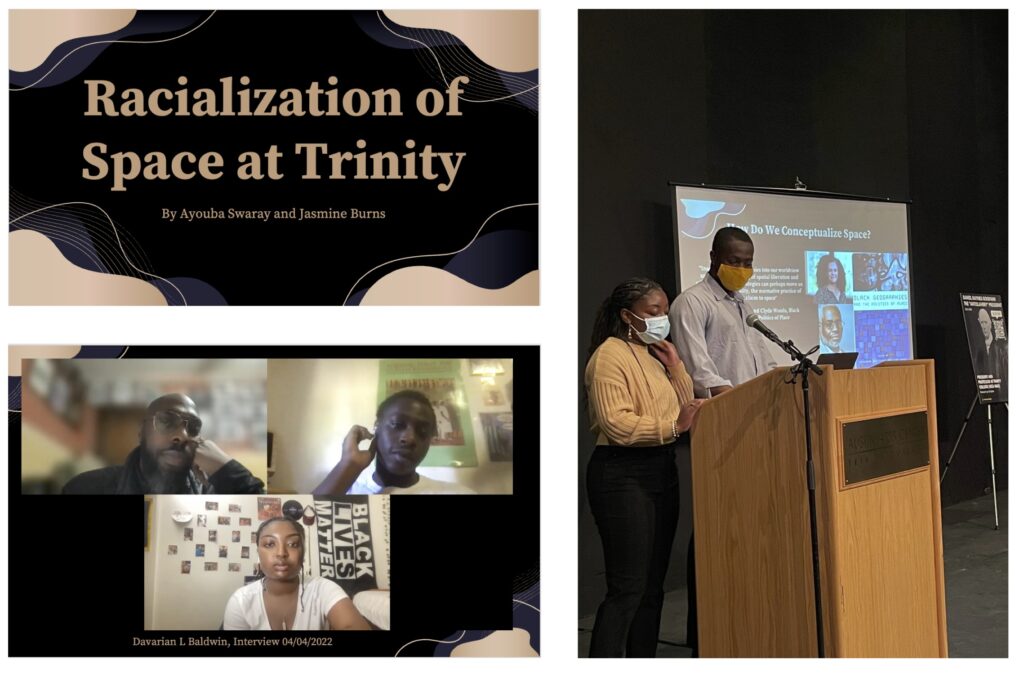The Trinity Social Justice Initiative (TSJI) engages research communities around a range of topics. Since its inception in Fall 2021, TSJI has established itself as an interdisciplinary research hub that supports projects investigating the relationships between racism, colonialism, capitalism, and social justice movements in the U.S. and the world.
ENTANGLED HISTORIES
Investigating the historical relationships between racism, colonialism, and Indigeneity in the United States and the world.

With Davarian Baldwin’s Smart Cities Lab, along with Diana Aldrete, Amanda Guzmán, Juliet Nebolon, Mary McNeil, and Leniqueca Welcome, this cluster investigates the historical relationships between racism, colonialism, and Indigeneity in the US and the world.
Spring 2022 Manuscript Workshops:
- Diana Aldrete, Between Land and Death: Imagining Justice for Women in Mexico.
- Juliet Nebolon, Settler Militarism: World War II in Hawai‘i and the Making of U.S. Empire (under contract, Duke University Press).
- Mary McNeil, “The Factory of Genocide”: Black and Native Confinement on Boston’s Deer Harbor Island.
EDUCATION FOR LIBERATION

Led by Prof. Seth Markle (INTS and History), this cluster considers the role of popular education in struggles for social change in the U.S. and Global South. Students will participate in directed readings and individualized study with faculty members in collaboration with community organizations.
STUDENT RUN RESEARCH CLUSTER
This cluster is organized and run by students at Trinity College and features student research dedicated to confronting structural racism.

TSJI was proud to host the inaugural cluster with Jasmine Burns (’24) and Ayouba Swaray (’24) who developed the project “The Racialization of Space at Trinity” under the direction of Professor Jordan T. Camp. They presented their findings in the American Studies and TSJI showcase that took place in Austin Arts on Wed. May 4, 2022.
PUBLIC ARCHIVES AND ORAL HISTORY
This cluster seeks to create a digital archive of oral histories documenting the experiences of Black, Latinx, Indigenous, LGBTQI, working people in Hartford and the region. It builds upon longstanding work by local scholars, archivists, activists, and students.